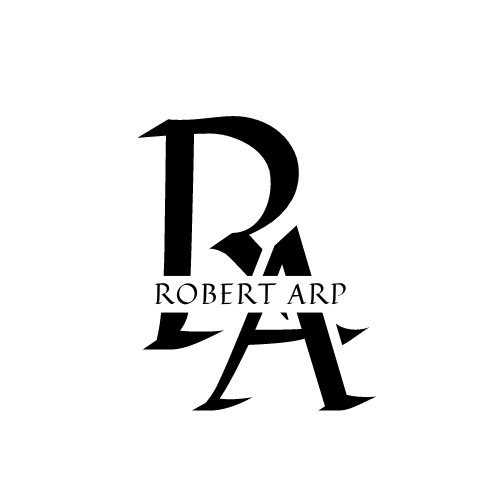Experience
2020 – Present: Knowledge Manager, GS-12 – US Army at Ft. Leavenworth
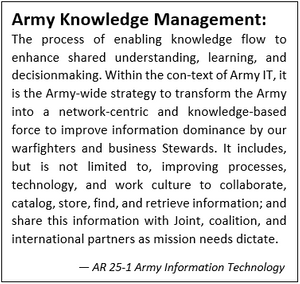
According to Chapter 3. Terms and Definitions of ISO 30401:2018(en), Knowledge Management Systems -Requirements, knowledge management management (KM) is “a discipline focused on ways that organizations create and use knowledge.” In accordance with the Guiding Principles set forth in Chapter 3. of ISO 30401:2018(en), I understand that knowledge is, in many ways, “intangible and complex” yet is a “key source of value for organizations to meet their objectives.” I also understand that the “determinable value of knowledge is in its impact on organizational purpose, vision, objectives, policies, processes, and performance” and KM is a “means of unlocking the potential value of knowledge” as well as “serves the organizational objectives, strategies, and needs.”
Accomplishments and significant activities during this time:
In this GS12 KM position, I am responsible for:
- Assisting in applying KM principles and best practices for the Mission Command Capability Development Integration Directorate (MC CDID); for example, I am instituting a universal naming convention in our SharePoint system, so that documents can more easily be retrieved.
- Implementing organizational information management processes as well as strategies to enhance explicit and implicit knowledge production; for example, I have developed and implemented knowledge policy and program guidance.
- Enacting strategies to enhance explicit and implicit knowledge production within the context of organizational information management processes; for example, I have developed and implemented knowledge policy and program guidance in the forms of SOPs and TTPs.
- Possessing a clear understanding of the processes, systems, and people within MC CDID, and developing and coordinating these components to achieve maximum and effective output.
- Attending KM working groups to establish reports and analyze metrics; for example, I am an active participant in the Army Futures Command Futures and Concepts Center’s Knowledge Management Working Group
- Conducting knowledge assessments to discover any gaps, inconsistencies, and/or operational roadblocks in MC CDID’s KM processes; for example, I perform knowledge management audits of MC CDID’s SharePoint system on a regular basis.
- Using sound analysis and decision-making with respect to KM in MC CDID and assisting in the planning, organizing, staffing, directing, and measuring of organizational performance.
- Preparing and presenting information briefings, as well as designing templates/formats for computerized knowledge products; for example, I have developed a spreadsheet in Microsoft Teams that enables several people to work simultaneously on a daily personnel status report.
- Training users on KM systems; for example, I have been promoting SharePoint site usage as well as educating members of MC CDID as to how to manage governance and permission levels.
- Continuing to work with the CPCE Branch of Army Capabilities Manager – Mission Command / Command Posts (ACM-MC/CP) to integrate operational requirements and architecture across all stakeholders, within the framework of the Common Operating Environment (COE); I performed this work for some four years (2016-2020), and it has included:
- Producing training materials – SOPs and coursework through DAU – so as to teach capability developers how to analyze, write about, and model, the Army Mission Command Strategy (1. All Army leaders understand and practice the MC philosophy, 2. Commanders and staffs effectively execute MC WfF tasks, 3. The MC system enables commanders, staffs, and units to effectively execute the MC WfF.), and how it meshes with the National Defense Strategy (1. Build a More Lethal Force, 2. Strengthen Alliances and Attract New Partners, 3. Reform the DoD for Greater Performance and Affordability), the National Security Strategy (1. Protect the American people, the homeland, and the American way of life, 2. Promote American prosperity, 3. Preserve peace through strength, 4. Advance American influence), the National Military Strategy (A Joint Force capable of defending the homeland and projecting power globally – achieving military advantage over competitors and adversaries – now and into the future, through Force Employment, Force Development, and Force Design), and the National Homeland Defense Strategy (GOAL 1: COUNTER TERRORISM AND HOMELAND SECURITY THREATS, GOAL 2: SECURE U.S. BORDERS AND APPROACHES, GOAL 3: SECURE CYBERSPACE AND CRITICAL INFRASTRUCTURE, GOAL 4: PRESERVE AND UPHOLD THE NATION’S PROSPERITY AND ECONOMIC SECURITY, GOAL 5: STRENGTHEN PREPAREDNESS AND RESILIENCE, GOAL 6: CHAMPION THE DHS WORKFORCE AND STRENGTHEN THE DEPARTMENT)
- Assisting in the efforts to find ways to manage knowledge more efficiently with respect to commanders and staffs in the operations process. Why? Because commanders and staffs actively build and maintain shared understanding within the force and with UAPs by continual collaboration throughout the operations process (planning, preparation, execution, and assessment). They collaboratively frame the operational environment, frame problems, and visualize approaches to solving them. Staffs facilitate situational understanding through knowledge management. Units conduct knowledge management to enhance shared understanding through the alignment of people, processes, and tools within the organizational structure and culture to increase collaboration and interaction between leaders and subordinates.
My role at MC CDID includes being the Security Manager, where I am responsible for:
- Daily security checks of the classified room and locks in our facility.
- Maintaining security-related doctrine and personnel paperwork.
- Updating and maintaining MC CDID’s key inventory.
- Daily security checks of the doors in our facility.
- Implementing directives related to COVID-19 and personnel safety.
- Acting as a representative of the Civilian Misconduct Action Authority (CMAA), documenting and reporting any instances of misconduct.
- Modeling and influencing the Army Professional Ethos, primarily by being a good steward of the profession.
- Holding myself and others accountable for making prudent decisions regarding resources and expertise.
- Demonstrating critical and creative thinking skills through effective problem solving and sound decision-making.
- Communicating complex ideas and achieving shared understanding.
- Developing mutually supportive relationships across the Army Enterprise.
- Facilitating the move from information classified as For Official Use Only (FOUO) to that of Controlled Unclassified Information (CUI), which, according to Section 2002.4 of Title 32, Code of Federal Regulations, is defined as “information the Government creates or possesses, or that an entity creates or possesses for or on behalf of the Government, that a law, regulation, or Government-wide policy requires or permits an agency to handle using safeguarding or dissemination controls.” The list of CUI categories, complete with examples, may be found here.
In my spare time:
- I continue to publish and present in Philosophy and Humanities.
- I continue to teach online Philosophy and Humanities courses at Webster University, but I also have taught/teach at:
- University of Missouri – Kansas City (Adjunct Professor, 2011-Present).
- Johnson County Community College (Adjunct Professor, 2011-Present).
- Missouri Western State University (Adjunct Professor, 2015-Present).
- Barton Community College (Adjunct Professor, 2013).
- Maple Woods Community College (Adjunct Professor, 2011-2013).
- Penn Valley Community College (Adjunct Professor, 2011-2013).
- University of St. Mary, Leavenworth, KS (Adjunct Professor, 2011-2014).
2011 – 2020: Senior Research Instructor & Analyst – US Army at Ft. Leavenworth
Accomplishments and significant activities during this time:
- Top Secret SCI Clearance Achieved, October 2012.
- Certificate for Capabilities Development Course from US Army Logistics University 6/24/2016.
- Provided expert advice on policy matters and capabilities in executing current and future operations and sustainment activities and requirements.
- Translated strategic concepts and visions into operational objectives and tasks to posture MC CDID for success in current and future operations and sustainment requirements and activities.
- As a representative of the Architecture Integration & Management Directorate (AIMD) – part of the Army Futures Command – modeled requirements and architecture utilizing the UPDM (UML, DoDAF) in MagicDraw and, at times, Enterprise Architect.
- Architected, wrote, and edited JCIDS documents associated with MC/CP Information Systems – ICDs, CDDs, and CPDs, CDs, RDPs, including the required views (CV-1, AV-1, DIV-1, DIV-2, OV-5a, OV-5b, etc.) in these JCIDS products.
- Contributed to the Mission Command DOTMLPF Capability Gap Assessment for the Annual Joint Assessment (AJA) Working Group, one of the essential groups in the Joint Strategic Planning System (JSPS).
- Planned and coordinated the development of curricula for coursework and training materials associated with the modeling and software architecture components of the Capabilities Development process for Army Capabilities Manager – Mission Command / Command Posts (ACM-MC/CP).
- Coordinated with ACM-MC/CP staff and professors at Command and General Staff College (CGSC), Defense Acquisition University (DAU), Army Logistics University (ALU), and Army University to ensure education materials were accurate.
- Coordinated with G-2/S-2s, G-3/S-3s, and members of USCYBERCOM and INSCOM to ensure education materials were accurate.
- Worked directly with faculty and administration at the Defense Acquisition University to format training and education materials according to the DAU Defense Acquisition Guidebook and the DAU Elearning Asset Development Guide, so that the training/education materials could be added to DAU’s curriculum associated with Capability Development.
- Interviewed SMEs, capability developers, and present and former members of general staffs (G-1/S-1s, G-2/S-2s, etc.) regularly to gain information, understand concepts, objects, and events, and gather business processes, with the intent to educate.
- Conducted analysis and research to identify course materials, case studies, concrete examples, online resources, and readings.
- Prepared training materials, slide decks, reports, briefings, white papers, SharePoint sites, course syllabi, and reference lists.
- Familiarity with APA, MLA, CMS, AP Stylebook, and other basic reference styles, as well as the occupational duties associated with the Office of Personnel Management’s Writing and Editing Series, GS-1082.
- Drafted use cases to determine what MC/CP processes might be automated by computer systems, with the intent to educate.
- Developed methods of performance (MoPs) and methods of effectiveness (MoEs) for various capabilities and as well as criteria for assessing MoPs and MoEs.
- Assisted in developing, modeling, and implementing the Common Operating Environment (COE) Governance Plan, whereby Requirements and Architecture Change Requests (RACRs) were put through a rigorous configuration control process that included a Configuration Control Board comprised of SMEs, stakeholders, and O-6-level leadership.
- Produced a massive Command Post Staff Function matrix in late 2016, which traces the doctrinal source of each Command Post Staff Function, that was utilized regularly as a reference by the O-6 in ACM-MC/CP and others.
- Assisted with the first version of the ACM-MC/CP and Mission Command Battle Lab’s Lexicon – a several-volume tome-defining terms, as well as organizing entities and relationships to include those associated with strategic, operational, and tactical levels of war, military leadership, military history, counterinsurgency operations, and force management.
- Taught and mentored military servicewomen and servicemen who rotate into positions how to think about information collection, as well as where to go to access information and document that information related to HUMINT, GEOINT – to include IMINT – SIGINT, TECHINT – to include MEDINT – and especially OSINT.
- Continually demonstrated applied knowledge of national intelligence collection, processing, and dissemination systems using special operation forces doctrine, tactics, techniques, and procedures (TTP), and mission profiles.
- Intelligence assessment activities, also detailing how to perform intelligence assessment activities.
- Produced numerous studies where strategic, operational, and tactical levels of war, military leadership, military history, counterinsurgency operations, and force management were each explained thoroughly.
- One of my studies that featured strategic, operational, and tactical levels of war was utilized in the Mission Command Battle Lab’s annual wargaming experiment for 2012.
- One of my studies that featured counterinsurgency operations was utilized in the United States Army Special Operations Command (USASOC) wargaming experiment Silent Quest for 2013.
- One of my studies that featured force management was utilized in the Mission Command Battle Lab’s annual wargaming experiment for 2014.
- Gathered intelligence associated with the operational environment (OE) to assist in OPS/Intel convergence projects between ACM MC/CP and TRADOC G-27 (Operational Environment Center and MSD).
- Developed OE projections and threats validated by the Intelligence Community, thereby facilitating situational understanding and supporting decision making in theater, as well as in training events, experimentation, wargaming events, and studies.
- Provided real-time intelligence reach back support for Athena analysts on TDY imbedded in command posts with CENTCOM, AFRICOM, STRATCOM, USSOCOM, and USASOC.
- Athena is a scalable, single user, laptop-based, course-of-action simulation (ideally, no more than three years) and analysis tool used to anticipate consequences from actions of operational forces. It enables analysts and commanders to simulate the second and third order Diplomatic, Information, Military, & Economic (DIME)/Political, Military, Economic, Social, Infrastructure, and Information (PMESII) effects within the context of a battlefield environment, a wide area security operation, or in support of a country study to evaluate social evolution dynamics.
- Ensured intelligence was accurate, timely, useable, complete, precise, reliable, relevant, predictive, and tailored.
- Researched and wrote documents in response to numerous requests generated from commander’s critical information requirements.
- Produced Athena Scenario Configuration Guides (“How To Set Up the Initial Conditions of the Simulation”) that acted as appendices for studies my team performed.
- Engaged in Army Design Methodology (ADM) to understand the geopolitical aspects of some area of the world.
- Utilized Army Problem Solving Process to understand the geopolitical aspects of some area of the world.
- Organized a great deal of my team’s research material on SharePoint.
- Researched the Political, Military, Economic, Social, Infrastructure, and Information (PMESII)-related, Areas, Structures, Capabilities, Organizations, People, and Events (ASCOPE)-related, Mission, Enemy, Terrain, Troops Available, Time, and Civilian (METT-TC)-related, and Sewer, Water, Electricity, Academic, Trash, Medical, and Security (SWEAT-MS)-related aspects of some area of the world, usually a certain country.
- Performed data-mining and text-mining tests with Smartlogic’s Semaphore utilizing the Athena Ontology with the purpose of finding a tool that can help the intelligence analyst in information collection.
- The Athena Ontology is an ontology that represents the PMESII-related entities and relationships being modeled and analyzed by the Athena simulation; an ontology is a graph-theoretic, taxonomic model of entities and relationships – including types and instances – in some domain
- Wanted to see if Semaphore’s suite of tools could perform:
- NLP (natural-language processing), a field of computer science, artificial intelligence, and computational linguistics concerned with the interactions between computers and human (natural) languages. One important goal of NLP is trying to get computational systems to “understand” the meaning (semantics) and context of words, sentences, and other linguistic devices in much the same way that a human mind is able to do so.
- NER (named entity recognition), the goal of which is to locate and classify elements in text into pre-defined categories such as the names of persons, organizations, locations, and others. Humans seem to be preconditioned for this; of course, they need training to do so, which normally occurs throughout the first 20 years (or so) of their lives while in school during grammar, composition, writing, literature review, speech, and communication classes. In these classes, people learn to make explicit what is taking place mentally when they locate parts of speech, parse a sentence, grasp the meaning of terms utilized, and/or understand the intention of the writer/speaker.
- Produced PMESII documents utilizing OSINT for Athena Studies associated with:
- ISIS.
- Syria.
- India.
- Pakistan.
- South Sudan.
- Russia.
- Latvia, Lithuania, and Estonia.
- North Korea.
- Violent Extremist Organizations.
- Conflagration.
- Assisted in developing the platform that the Army University utilizes for online education (I have been teaching online courses with Blackboard, Moodle, D2L, and Canvas since the dinosaur days of Blackboard, v1 in 1999).
- Presented research on competency-based education (CBE), which works well for military personnel, and where:
- Student competency determines success.
- Competencies translates into objectives/topics usually delivered in a course as modules.
- Students demonstrate/show competency in (mastery of) topics in modules via tests, papers, presentations, etc.
- Modules are hierarchically ordered or “logically” laid out from simple to complex.
- Students can progress at their own pace.
- Students can access and re-access information and resources at any time.
- The education is designed to be highly pragmatic.
- Assisted in developing online platforms related to leadership programs and curriculum for the Army University; usage of Composica and iSpring Authoring Tools.
- Designed, developed, conducted, and evaluated subject matter lessons and products in support of the Army University’s online CBE program.
- Delivered lectures related to teaching lesson(s), courses, and electives.
- Delivered lectures related to the above E-COP, Collaborative Application, and CBE.
- Assisted in developing a concept for an Army Digital Humanities Initiative (digital humanities refers to research, inquiry, study, and teaching having to do with the effective usage of computational tools and the disciplines that comprise the Humanities).
Additionally:
- I presented papers and briefings related to the above work at several meetings, conferences, and colloquia; e.g., at the Kansas Philosophical Society in 2015.
- I continued to publish and present in Philosophy and Humanities.
- I continued to teach online Philosophy and Humanities courses at Webster University, but I also have taught/teach at:
- University of Missouri – Kansas City (Adjunct Professor, 2011-Present).
- Johnson County Community College (Adjunct Professor, 2011-Present).
- Missouri Western State University (Adjunct Professor, 2015-Present).
- Barton Community College (Adjunct Professor, 2013).
- Maple Woods Community College (Adjunct Professor, 2011-2013).
- Penn Valley Community College (Adjunct Professor, 2011-2013).
- University of St. Mary, Leavenworth, KS (Adjunct Professor, 2011-2014).
- I have a Quality Matters Online Teaching Certification (obtained 2012)
2009 – 2011: Instructor & Analyst – US Air Force & Federal Aviation Administration
Accomplishments and significant activities during this time:
- Managed a small team of analysts and researchers on a project dealing with the US Air Force’s retooling of the Test Preparation Materials (TPM) for the Computer Adaptive Test (CAT)-ASVAB, the online version of the ASVAB.
- In the CAT-ASVAB questions are selected from a pool ranging in difficulty from easy to difficult, and, depending on the response, the question best suited for the examinee is presented next—if more difficult questions are answered up front, then the test is shorter; if easier questions are answered up front, the test becomes longer.
- Analyzed existing CAT-ASVAB TPM, strategized as to how best to make improvements specifically for the USAF, then made significant recommendations for improvements in the TPM that were implemented.
- Chose online instructional settings for courses to prepare test takers for the CAT-ASVAB.
- Examined testing trends, as well as performed statistical analysis of those trends, and reported on data.
- Taught and mentored military servicewomen/men how to administer the TPM for the CAT-ASVAB.
- Arbitrated the resolution of disagreements and differences of opinion between and among members of my team; when necessary, “took the bull by the horns”—so to speak—and settled such conflicts.
- Analyzed existing online ASVAB test course module preparation materials, as well as existing online versions of the ASVAB test itself, making significant recommendations for improvements that were implemented.
- Chose online instructional settings for courses to prepare test takers for the ASVAB online.
- Examined testing trends, performing statistical analysis and reporting on data.
- Taught and mentored military servicewomen/men how to administer the retooled online version of the ASVAB.
- Analyzed organizational structure and staffing needs, and recommended certain positions to be filled.
- Wrote, rewrote, and corrected products covering a wide variety of military-specific subjects by using state-of-the-art electronic editing and publishing software such as FrameMaker, Pagemaker, and InDesign, in addition to standard Adobe and Microsoft products, to include SharePoint.
- Data analysis and modeling for the US Joint Planning and Development Office, which is now called the Interagency Planning Office, working on the problem of interoperability for the Next Generation Air Transportation System.
- Worked with numerous computational languages and computational tools.
- Taught minicourses to my team of analysts and researchers about how to think about interoperability, building ontologies, and how to use Protégé, an ontology-building tool.
- Presented papers and briefings related to the above work at several meetings, conferences, and colloquia.
- Continued publishing and presenting in Philosophy and Humanities.
- Continued teaching online Philosophy and Humanities courses at Webster University.
2007 – 2009: Postdoctoral Researcher – University at Buffalo | Biomedical Ontology
Accomplishments and significant activities during this time:
- Worked with Barry Smith and members of the Ontology Research Group, the National Center for Biomedical Ontology, and the National Center for Ontological Research.
- Started the substructure of a book on Basic Formal Ontology that eventually became Building Ontologies with Basic Formal Ontology (MIT Press, 2015).
- Analyzed and updated course content for courses that are taught to researchers and others at universities, hospitals, and medical facilities all over the world.
- Oversaw the development and administration of tests and measurements to evaluate instructional programs.
- Assisted with the development of newer courses and a revamped curriculum.
- Evaluated the performance of various instructors, and made recommendations for improvement that were incorporated by the instructors.
- Worked with numerous computational languages (HTML, XML, RDF, RDF-S, OWL, UML) and computational tools (Protege, TopBraid, Enterprise Architect).
- Wrote, rewrote, and corrected products covering a wide variety of subjects in Information Science, Philosophy, and Humanities.
- Taught minicourses to analysts, researchers, businesspersons, medical professionals, statisticians, and others concerning how to think about interoperability and building ontologies with the use of best practices.
- Presented papers and briefings related to the above work at several meetings, conferences, and colloquia at the University at Buffalo and elsewhere.
- Continued publishing and presenting in Philosophy and Humanities.
- Continued teaching online Philosophy and Humanities courses at Webster University.
2006 – 2007: Visiting Assistant Professor of Philosophy – Florida State University
Accomplishments and significant activities during this time:
- Worked with Michael Ruse, one of the Fathers of Philosophy of Biology, in his History and Philosophy of Science Program; a wonderful opportunity and experience.
- Taught and mentored graduate students and undergraduate students supervising research projects.
- Assisted several grad students in publishing and presenting papers.
- Ran a grad student workshop on classroom management, to include conflict resolution.
- Was asked to be the Guest Moderator for the Philosophy Club.
- Committee Member of Florida State University Ethics Across the Curriculum (EAC) Initiative; EAC is a trend in higher education calling for infusion of the study of ethics into all aspects of the academic program in ways that promote ethical inquiry.
- As part of EAC Initiative:
- Added to Department of Philosophy’s repository of Ethics case studies.
- Performed learning outcomes assessments and program improvements.
- Developed curricula.
- Organized colloquia.
- Researched, wrote, and published papers and books, a few with grad students from FSU.
- Edited several papers and books.
- Presented at conferences and colloquia around the country.
- Continued teaching online Philosophy and Humanities courses at Webster University.
2005 – 2006: Assistant Prof. of Philosophy – Southwest Minnesota State University
Accomplishments and significant activities during this time:
- Mentored undergraduate students.
- Directed senior theses.
- Assisted several students in presenting papers.
- Taught undergraduate philosophy courses on the books and two courses I developed from scratch.
- Researched, wrote, and published papers and books.
- Presented at conferences and colloquia.
- Served on the SMSU IRB, regularly reviewing proposals for questionnaires that psychology and anthropology professors wanted to administer to students.
- Assisted in the development of a Center for Ethics (CfE) – this work included:
- Maintained the website for CfE.
- Uploaded numerous links to (inter)national grant databases, funding sources on site.
- Uploaded numerous links to (inter)national codes of ethics on site.
- Uploaded numerous links to other Centers/Institutes on site.
- Maintained the repository of ethics-related materials; videos, case studies, exercises.
- Maintained the finances.
- Raised over $10,000.00.
- Established Movies, Morals, and Munchies.
- Established Food for Ought…
- Established Ethics Colloquium 5x a year; SMSU faculty member presentations.
- Started an Ethics Bowl team
- A more detailed outline can be found HERE
1996 – 2005: Doctoral Student in Philosophy – Saint Louis University
Accomplishments and significant activities during this time:
- Dissertation contracted in 2004 during defense; published through MIT Press in 2008.
- Saint Louis University / Fontbonne College Faculty Fellowship (2001-2002).
- Attended Faculty and Finance Meetings.
- Assistant Professor of Psychology Search Committee.
- Assisted with Philosophy Club.
- Saint Louis University Dissertation Fellowship (2003-2004).
- University 101 Professor (2001-2003).
- Certificate in University Teaching Skills (CUTS) Program (2002).
- Ethics Across the Curriculum Committee (1997-2000), one of the founders.
- Who’s Who Among America’s College & University Professors (2000).
- President of Philosophy Graduate Student Association (1998-1999).
- Instituted Welcoming Committee, still in place to this day.
- Assisted with Quodlibetal (Latin for “whatever pleases”) Lunches.
- Assisted with Graduate Philosophy Conferences for numerous years.
- Liturgical Percussionist (1996-2005), played for Pope John Paul II, 01/26/99.
- Adult Religious Educator for the Archdiocese of St. Louis (1996-1998).
- Taught numerous Philosophy and Humanities courses at all levels (starting 1996).
- Taught online/hybrid Philosophy and Humanities courses, all levels (starting 1999).
- Schools taught at included:
- Saint Louis University (Adjunct Professor, 1996-2005).
- University of Missouri – St. Louis (Adjunct Professor, 1999-2005).
- Fontbonne College (now University, Adjunct Professor, 1999-2005).
- Harris-Stowe State College (Adjunct Professor, 1996-2005).
- McKendree College (now University, Adjunct Professor, 1996-2005).
- Jefferson College (Adjunct Professor, 1996-2000).
- Maryville College (now University, Adjunct Professor, 2000; an emergency situation).
- Lewis and Clark Community College (Adjunct Professor, 2000-2005).
- Southern Illinois University – Edwardsville (Adjunct, 2002; an emergency situation).
- Forest Park Community College (Adjunct Professor, 1996-2005).
- Florissant Valley Community College (Adjunct Professor, 1999-2005).
- St. Charles Community College (Adjunct Professor, 1999-2005).
- Webster University (Adjunct Professor, 1999-Present).
- Taught Adult Religious Education Courses (various lengths) for Archdiocese of St. Louis
- Basic Elements of the New Catechism of the Catholic Church (fall 1996).
- Theological and Philosophical Debates Behind the Nicene Creed (spring 1997).
- The Doctrine of Transubstantiation and Opposing Views (summer 1997).
- Source, Historical, Form, and Redaction Criticism in the Gospels (fall 1997).
- Analogy and the Names of God (spring 1998).
- The Rise of Fundamentalism in the USA (summer 1998).
- St. Thomas Aquinas’ Proofs for God’s Existence (fall 1998).
1993 – 1996: Religious Educator, Coach, Guitar Choir Director – Paul VI High School
Accomplishments and significant activities during this time:
- Teacher of the Year, 1995-1996.
- Coach, Women Varsity Tennis, 1993.
- Assistant Coach, Women Varsity Basketball, 1994-1995.
- Assistant Coach, Women Varsity Softball, 1994-1995.
- Coach, Men Junior Varsity Tennis, 1995-1996.
- Habitat for Humanity, Spring Break 1994, Mississippi Delta.
- Habitat for Humanity, Spring Break 1995, Michigan City, Indiana.
- Various Volunteer Work: For example, Our Daily Bread (Fairfax, VA), now Britepaths.
- Liturgical Percussionist at Holy Spirit Catholic Church in Fairfax, VA.
- Taught the following courses at PVI:
- The Old Testament.
- The New Testament.
- Catholic Morality.
- Catholic Social Teaching.
- The History of the Catholic Church.
- The Existence and Theology of the Christian God—my own design.
- Taught Adult Religious Education MiniCourses for Diocese of Scranton, PA
- Theology of the Pauline Epistles (summer 1993).
- Theological and Philosophical Debates Behind the Nicene Creed (summer 1994).
- Basic Elements of the New Catechism of the Catholic Church (summer 1995).
A lot of people don’t realize that studying Philosophy helps you do better on:
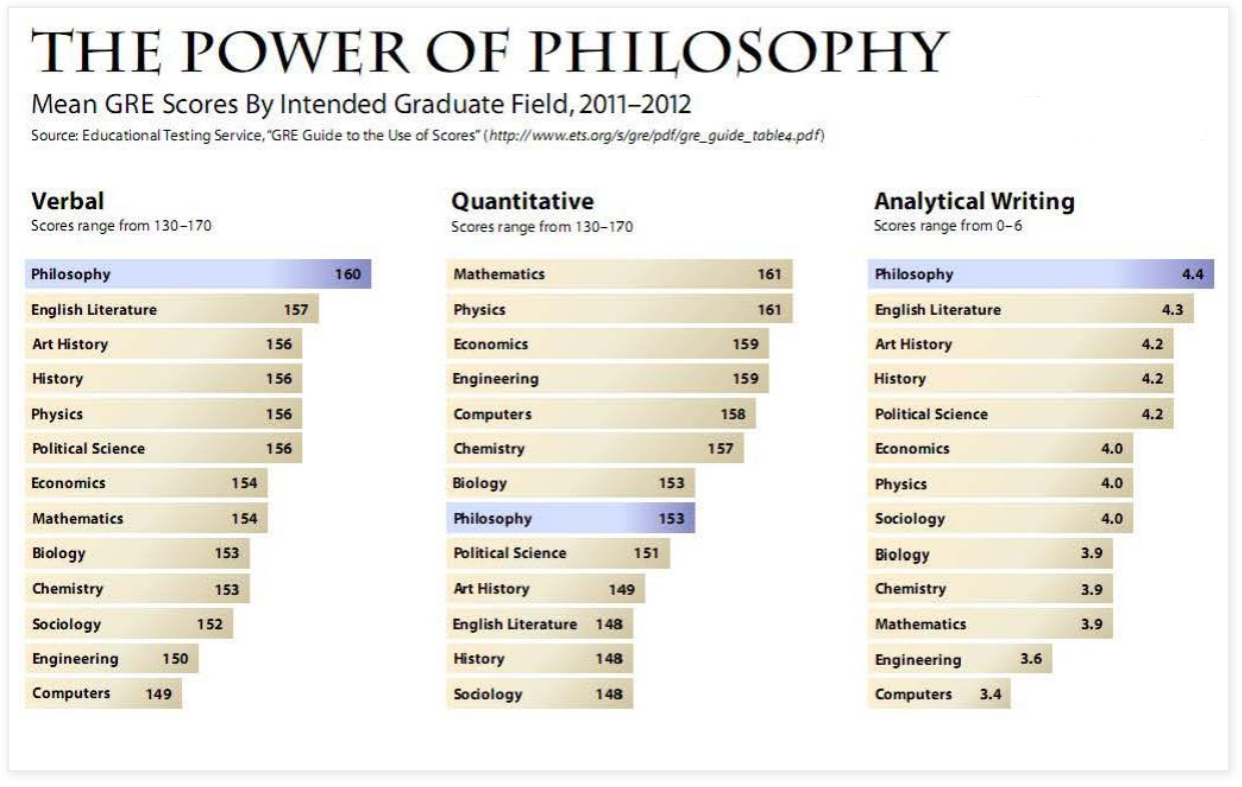
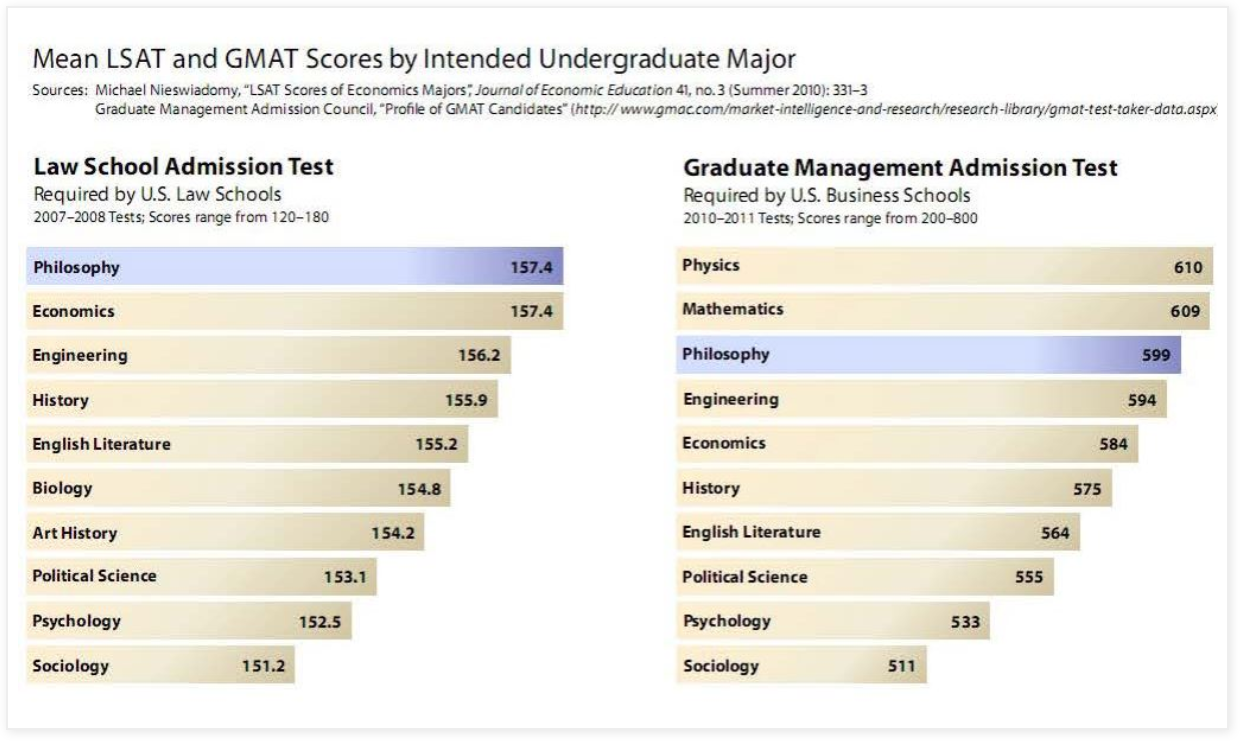
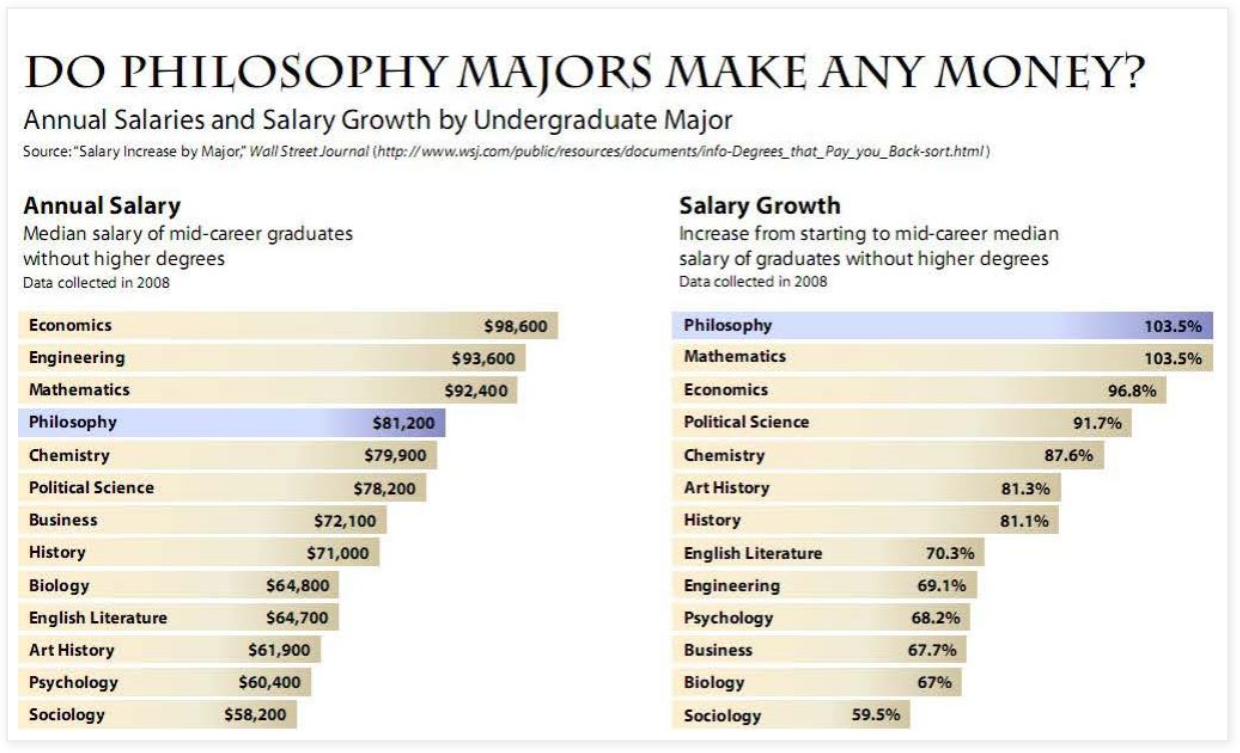
Follow me
